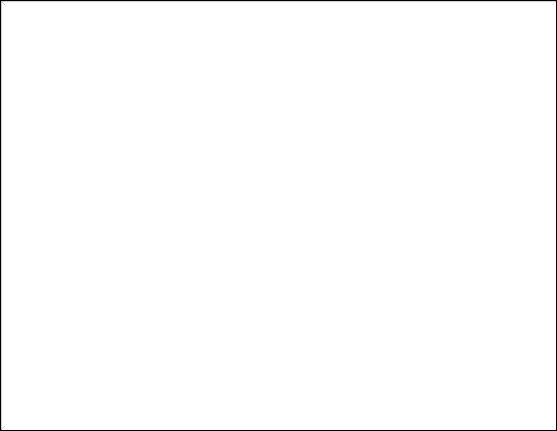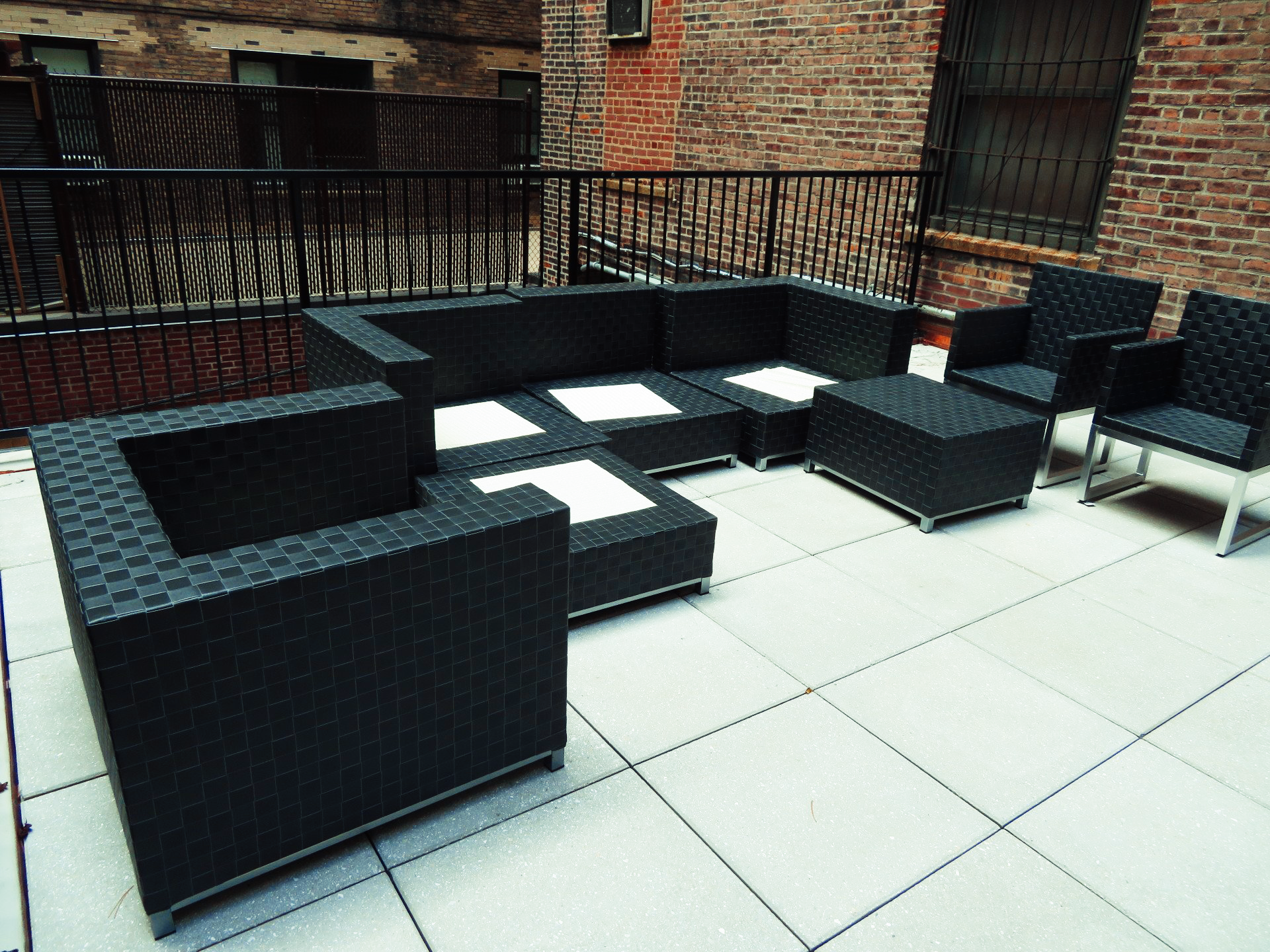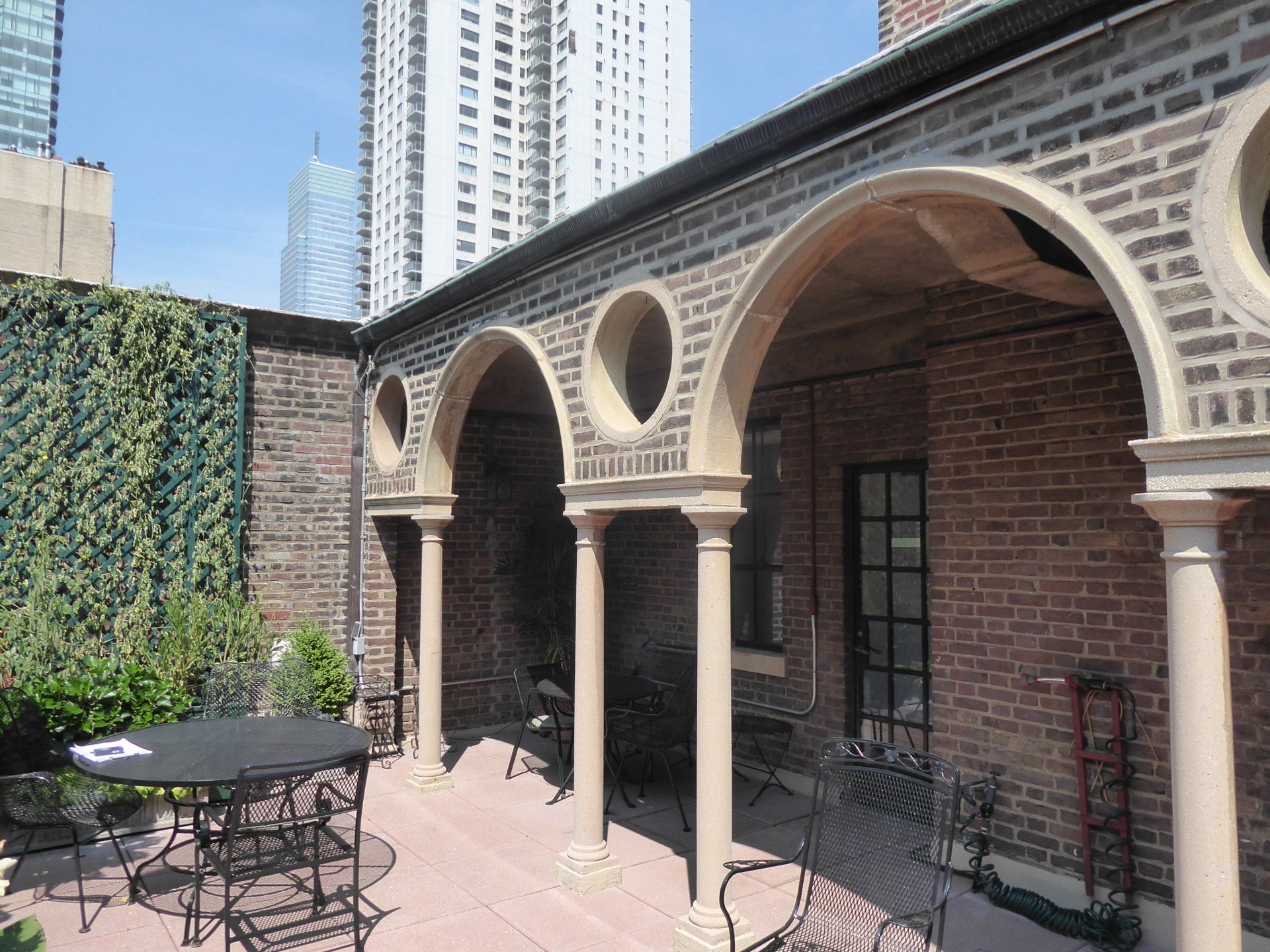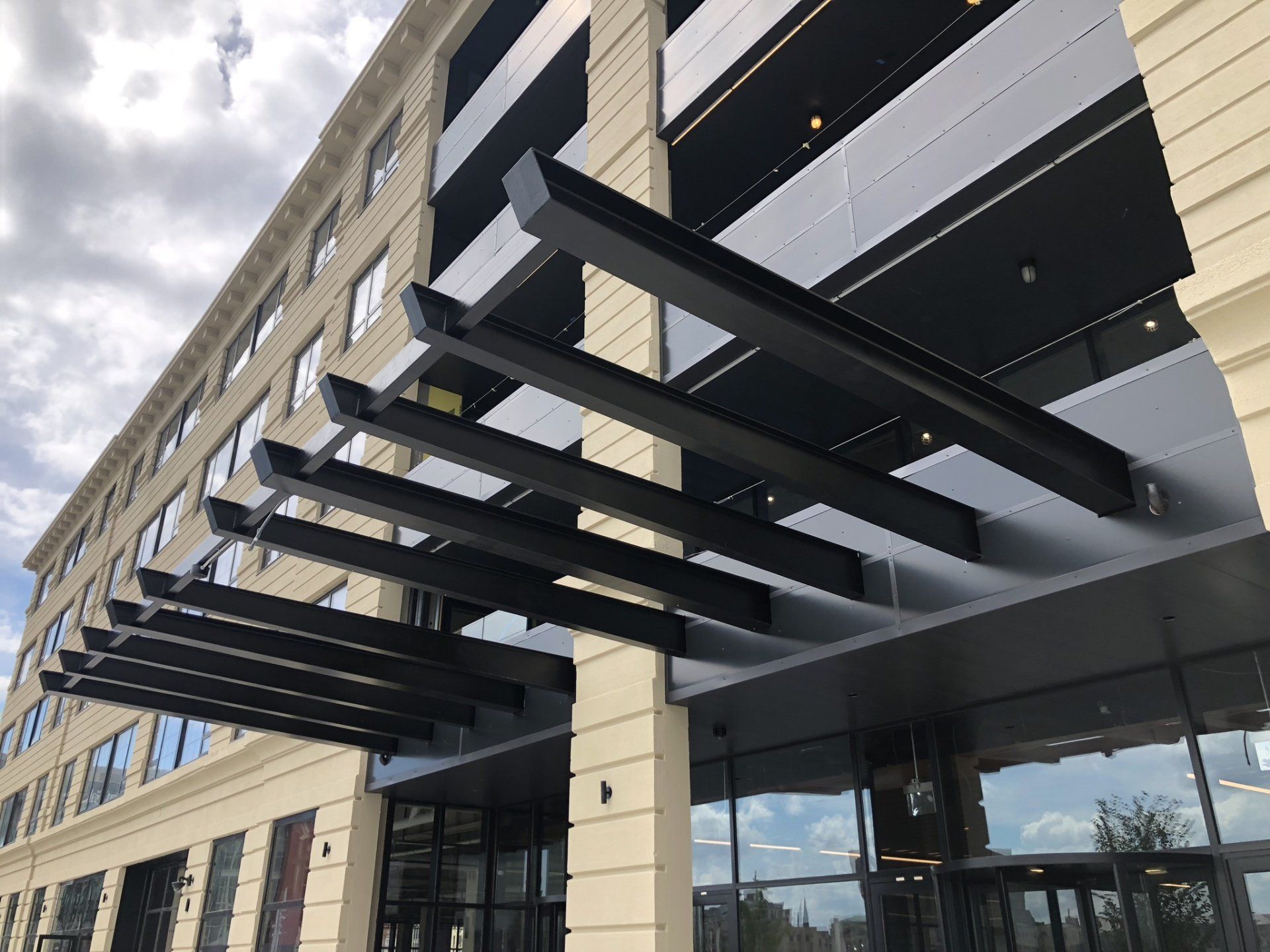EXPERT WITNESS TESTIMONY
Article VII of the Federal Rules of Evidence, comprised of six rules, covers the admissibility of expert witness testimony. An understanding of Article VII is critical for any lawyer seeking to introduce or exclude expert testimony at trial.
STONE provides consulting services to developers, architects, property managers, and building owners related to the new construction or rehabilitation of commercial, institutional, and residential properties, offering a breadth and depth of in-house expertise rarely found in one place. We are established and known as the “go-to” firm in the industry. Our staff includes architects, structural engineers, mechanical engineers, technical interior space-oriented associates, and expediters.
We are experienced with all types of filings and are familiar with the requirements of municipal agencies regarding each one. As the requirements for the Department of Buildings and Landmarks Preservation change swiftly, STONE is there to undertake all challenges that come at us in this ever-changing environment.
STONE also provides consultation services on any basis and timeframe within the project. STONE can help provide services for building and zoning code issues, obtaining permits for contractors, and handling violation research and dismissal. With our team of architects, STONE can also provide consultation for interior renovations to large-scale projects with multiple filings. We will expertly manage all filing processes from inception to approval promptly and ensure a streamlined route to project completion.
Article VII of the Federal Rule of Evidence Guidelines:
Rule 701 – Opinion Testimony By Lay Witnesses
The first rule in Article VII begins by defining expert testimony by what it is not – lay witness testimony. It states that if a witness is not testifying as an expert, opinion testimony must be: a) rationally based on the witness’s perception; b) helpful to clearly understanding the witness’s testimony or to determining a fact in issue; and c) not based on scientific, technical, or other specialized knowledge within the scope of Rule 702.
Rule 702 – Testimony By Expert Witnesses
Rule 702 is arguably the crux of Article VII, as it guides the court’s analysis in determining the admissibility of expert testimony. It states that an expert’s opinion is admissible if:
- The expert’s scientific, technical, or other specialized knowledge will help the trier of fact to understand the evidence or to determine A fact in issue
- The testimony is based on sufficient facts or data
- The testimony is the product of reliable principles and methods
- The expert has reliably applied the principles and methods to the facts of the case
Rule 703 – Bases of an Expert’s Opinion Testimony
Rule 703 establishes the bases on which experts may form their opinions. Notably, it allows experts to base their opinions on information that is inadmissible at trial. As Rule 703 states:
- An expert may base an opinion on facts or data in the case that the expert has been made aware of or personally observed. If experts in the particular field would reasonably rely on those kinds of facts or data in forming an opinion on the subject, they need not be admissible for the opinion to be admitted. But if the facts or data would otherwise be inadmissible, the proponent of the opinion may disclose them to the jury only if their probative value in helping the jury evaluate the opinion substantially outweighs their prejudicial effect
Rule 704 – Opinion on an Ultimate Issue
Rule 704 allows the expert to testify as to the ultimate issue of fact; with the narrow exception that experts at a criminal trial may not testify as to whether a defendant had the requisite mental state to commit the charged offense. It is a response to older case law which limited an expert witness’s ability to testify as to the ultimate issues. The main purpose of Rule 704 is to assist the trier of fact. Therefore, an expert cannot render a conclusory opinion that prevents the jury from conducting their own analysis
Rule 705 – Disclosing the Facts or Data Underlying an Expert’s Opinion
Rule 705 discusses the form in which an expert may present its testimony. Under Rule 705, an expert may state an opinion without “first testifying to the underlying facts or data”. On cross-examination, the opposing party may inquire into the basis of the expert’s opinion. Rule 705, like 703, broadened previously followed common law rules by allowing experts to rely on information that would be otherwise inadmissible at trial and undisclosed to a jury.
Cited: Cappellino, J. A. D. (2020, June 23). Federal Rules of Evidence and Experts: The Ultimate Guide. Expert Institute.










